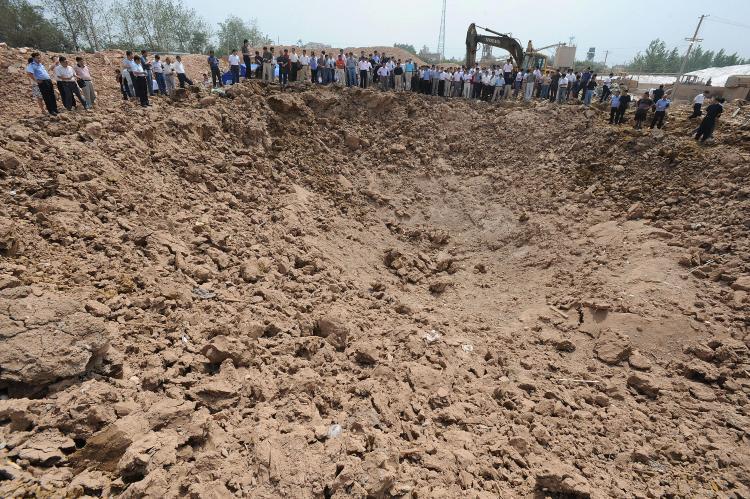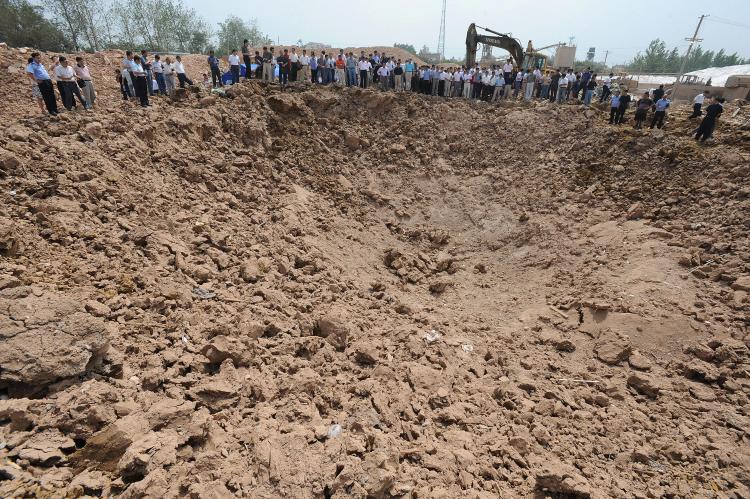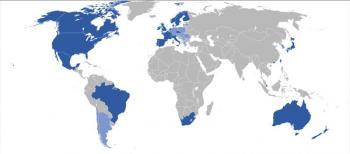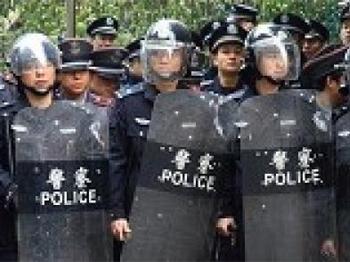China, whose rare earth production comprises 95 percent of global production, began to limit exports in 2006, allegedly due to environmental protection and national security. For 2010, China’s Ministry of Commerce announced an export quota of 30,000 tons for rare earths, almost 20,000 tons less than last year.
These elements, such as cesium, neodymium, lanthanum, and scandium are becoming increasingly important for the development of cleaner and more efficient technology, but are difficult to extract in profitable quantities.
Their prices continue to go up because of China’s export cutbacks. After the new quota was announced, prices of low-value lanthanum (La) and cerium (Ce) increased US$25-30 per kilogram (US$11-14 per pound).
Recently, an insider in the rare earth industry told China Business, “The amount of legal rare earth exportation in 2009 was 50,000 tons. The amount of rare earth smuggled overseas exceeded 20,000 tons the same year, which was about 40 percent of the legal exportation.”
A salesperson in the rare earth business who wished to remain anonymous said in an interview with National Business Daily, “When prices go up so fast, who ever has experience in smuggling would begin to think about giving it a try.”
Media in China has reported many cases of rare earths smuggling recently. Customs caught a couple in Qingdao who helped a businessman in Zhuhai to disguise 4,000 tons of rare earth as iron oxide and tried to smuggle it overseas.
A Strategic Card?
Rare earths are often called high-tech vitamins since many modern devices cannot be made without them.
China and the United States control 37 percent and 15 percent of the global rare earth reserve, respectively. Until the end of the 1980s, the United States was the leader in global rare earth production. But by 2000, China’s rare earth supplies took over the global market due to low extraction and environmental protection costs.
Japan, a leading electronics producer, imports 97 percent of its rare earth mineral from China. In September, after a boat collision incident in disputed waters, China suspended its rare earth exportation to Japan.
International groups worry that China may use these important raw materials as a strategic tool or a diplomatic bargaining chip.
Since China began to limit rare earth exportation, the United States, the European Union, and recently Japan have asked China to increase exports.
In 1992 when China’s former leader Deng Xiaoping visited Southern China to promote his reform and opening up policies, he commented, “The Middle East has petroleum, China has rare earths.”
This September, an unsigned article in People’s Daily, China’s state mouthpiece, stated, “China is the world’s No. 1 in rare earth production, exportation, and consumption. China hence should be the dominant voice for rare earth production and sales.”
In a similar article published in the China Business Times in the same month, the anonymous author called rare earths “a powerful card China can use in future negotiations with the world.”
If the price of rare earths increases further, clean energy technology could become too expensive and difficult to produce, except in China.
Read the original Chinese article.




